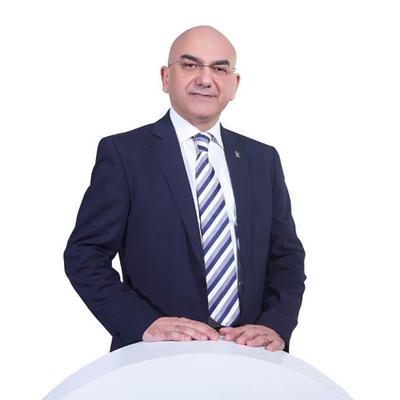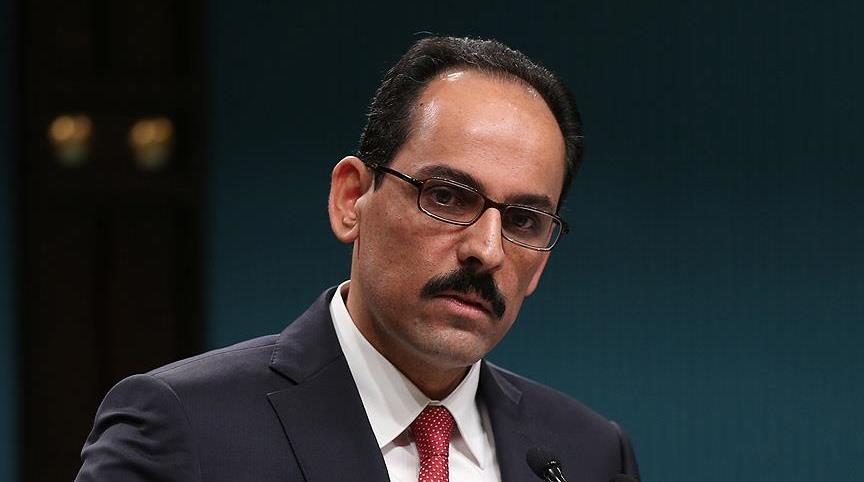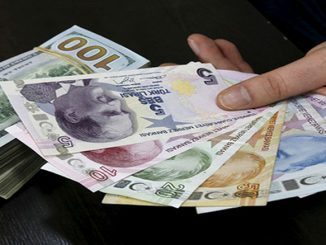
By: OZAN CEYHUN*
Formerly, when representatives of the EP or the EU visited Turkey, there was much interest in them. A visit by any EP member would draw all the media’s interest. Claudia Roth, former German EP member from the Greens, became one of the most well-known foreign politicians in Turkey due to her frequent visits to Turkey. So, when an EP member visited Turkey or issued a statement on Turkey, he/she all of a sudden became more popular in Turkey than in his/her own country.
But now, the most popular EP members and even the EP president are considered nobodies in Turkey. They are unknown by the public. Two weeks ago, European Parliament Committee on Foreign Affairs Chairman Elmar Brok and European Parliament Rapporteur for Turkey Kati Piri paid a visit. The public did not even hear about their visit. Then, EP President Martin Schulz visited Turkey, and his visit drew attention only because he said he should have come earlier. On Sept. 13, the EP held a session regarding the latest situation in Turkey. Turkey did not even hear about the session. Only those specifically interested in the subject followed it.
The EU and the EP are the main actors responsible for this reality. People in Turkey, a country that has never given up its goal to become an EU member, are not interested in the EU anymore, and the number of people in Turkey not favoring EU membership is nearly equal to the ones siding with EU membership. This is caused by irresponsible statements by EU officials, and the EP’s support for terrorist groups active in Turkey.
The Austrian government, particularly the prime minister and foreign minister, are doing their best to trigger antagonism against Turkey among the Austrian and EU public. Officials from the Netherlands and Hungary are making similar efforts; many authorities issue statements against Muslim refugees and Turkey in the context of the refugee issue, which is caused by bad EU policies. This is another major factor increasing the Turkish people’s antipathy toward the EU.
Aside from EU politicians, EU media outlets continue to provoke the EU public against Turkey with obnoxious perception operations. In particular, the language adopted in articles or news reports about President Recep Tayyip Erdoğan is similar to the language employed by racist and fascist parties in the EU. Racist discourses against Muslims and Turks are employed to undermine President Erdoğan, who enjoys popular support in Turkey. Provoking hostility against Erdoğan disturbs the Turkish public, which fully supports him and defended him on the night of July 15 by risking their lives.
More than that, the EU still does not acknowledge the people’s fight against the July 15 coup attempt. Besides the Gülenist Terror Group (FETÖ), which attempted the fascistic coup, was advocated in many EU countries. Schools established by FETÖ maintain their brainwashing activities. FETÖ propaganda is condoned in EU countries. Likewise, the outlawed PKK maintains its activities in many EU countries, keeping up terrorist propaganda activities and collecting money to purchase weapons, as members are sure that EU countries will not extradite them to Turkey. They also raise new militants in EU countries by brainwashing Kurds youth living in Europe. While those supporting Turkey’s fight for democracy are hindered, rallies by PKK proponents are always allowed in the EU.
In a nutshell, while being against Turkey means receiving all kinds of support in the EU, siding with Turkey brings exclusion.
Turkish citizens do not trust the EU anymore. They are disturbed because the EU gives no practical support to Turkey’s fight against DAESH, the PKK, the PYD and FETÖ and that Turkey’s efforts to defeat DAESH in Syria are only supported in theory.
On top of that, the EU did not keep faith with the agreement it made with Turkey although Turkey hosted and embraced millions of Syrian refugees, causing great disappointment in the Turkish public. Now, the image of the EU is in decline in Turkey since the EU attempted to manipulate its visa exemption promise as a political maneuver, which is actually a right already deserved by Turkish citizens. No Turkish citizen can accept making any concessions in the fight against the PKK for the sake of visa-free travel.
Visa implementation for Turkish citizens, an unjust practice that violates human rights, is not considered a determinant by the Turkish public any longer. Despite all the hardships they face when applying for visas, they do not give in to the EU’s political blackmail.
So, what is the true motivation of the EU and the EP? To exclude Turkey from the EU? To lose Turkey in a way that they will regret later on? If that is their aim, they should bear in mind that although Turkey has not given up its target to become an EU member, it does not regard EU membership as a must. The citizens of Turkey, a country that grows and takes on a more significant role each passing day, now believe that the EU is not the only option.
I think this is the last alarm bell for the EU.
*OZAN CEYHUN is a columnist. He writes for Turkish Daily Sabah newspaper.
(Published in Daily Sabah, on Thursday, Sept. 15, 2016)



